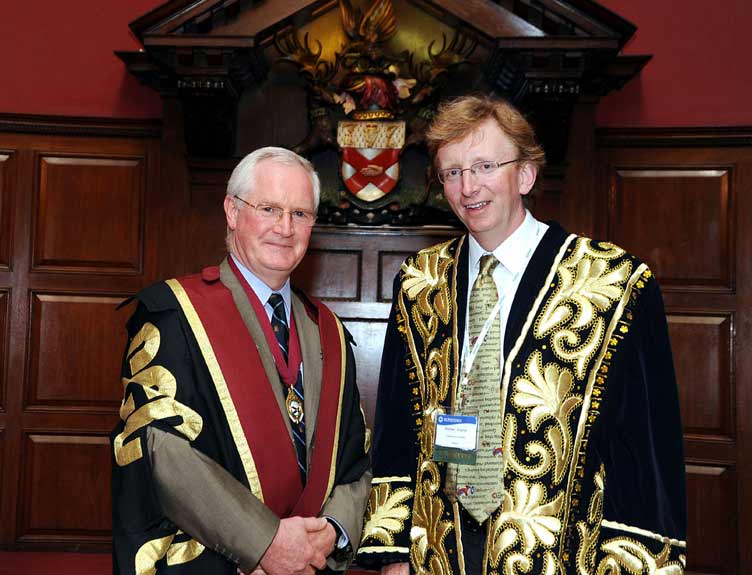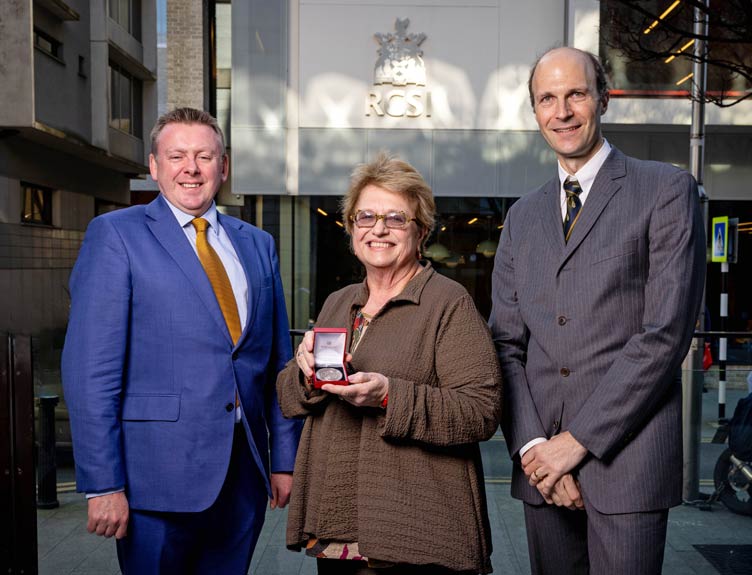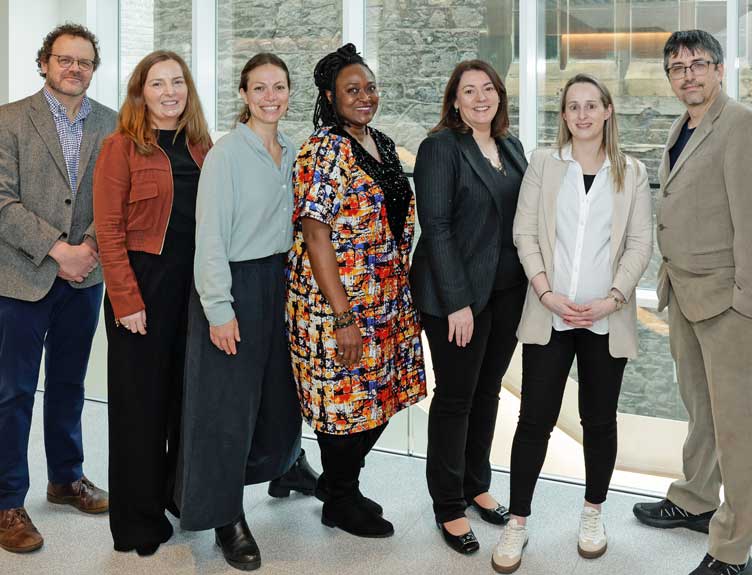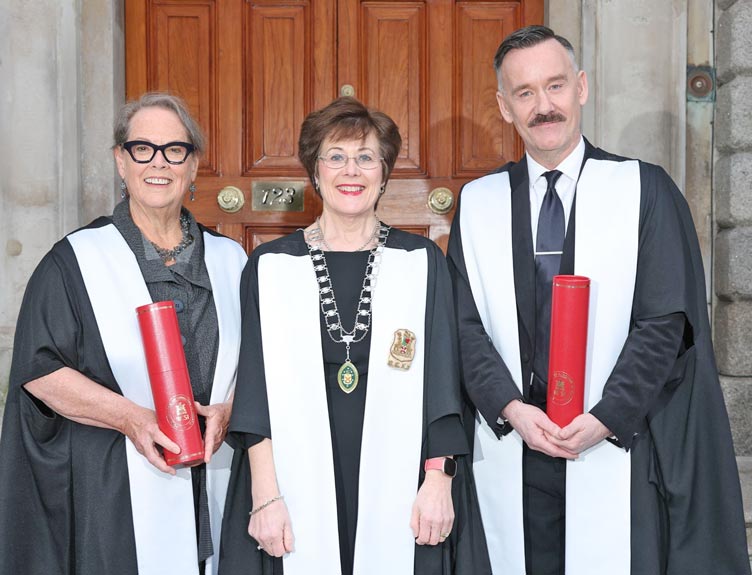World experts in abdominal compartment syndrome gather

The World Society in Abdominal Compartment Syndrome (WSACS) hosted its fourth annual World Congress in Dublin from 25-27 June 2009. More ...
Over 300 delegates from 46 countries reviewed the latest developments in patients sustaining abdominal injury and infection.
Mr Michael Sugrue, Consultant Surgeon, Letterkenny General Hospital and conference organiser, said: “The World Congress identified new techniques, particularly in intensive care and surgery that has the opportunity to save up to 60 lives a year in Ireland and 5000 lives a year globally. Over 160 scientific papers were presented some identifying significant reduction in mortality in patients in intensive care. The World Society founded four years ago has produced guidelines in care, text books, informative websites, and has been a model in medical society development and productivity.”
At the congress, Colonel Mark Bowyer shared his experience on dealing with seriously ill causalities during the Iraq conflict. Civilian surgeons and intensivists have identified new forms of treatment on the basis of information obtained relating to the care of causalities of war. Colonel Bowyer has also identified best practice in transferring patient’s long distances who have sustained injuries and new treatment to reduce bleeding, some of which have been used successfully in the treatment of Irish patients.
Also at the Congress, four Irish Medical Students from the National University of Ireland, Galway Medical School presented their scientific papers relating to radiology, administration of sub-coetaneous drugs, better practice guidelines and ward care relating to abdominal conditions.
Mr Michael Sugrue said: “Research is a fundamental part of developing new advances in medical care. The Irish Medical students were the only international group of undergraduates to have successfully had their research accepted to the World Congress. It signifies the commitment to advancement within our Medical Schools and bodes well for the future of Irish Medicine.”



